Start Your Novel (or Finish Your Novel) By Setting Awesomely Achievable Goals
A project is defined as an individual or collaborative endeavor that is carefully planned and has a beginning and an end. As a professional project manager, I’ve learned the most successful projects have well-defined goals and a solid definition of success.
Every project needs a deadline! If you don’t have one, you don’t really have a project. It’s kind of like when you have a goal you want to do “someday” and you never really get around to it. You keep saying, “Oh, I can do that next week or two months from now, or whenever…” And it never actually happens.
We don’t want that to happen to your novel, do we? Heck no!
We want you to write that novel, or finish that novel you’ve been working on, and then celebrate your accomplishment.
I’ve written and finished 8 books so far and launched dozens of big projects during my project management career. I want to share a few things you need to plan your novel, so you don’t waste time trying to learn everything I’ve learned over the last 18 years or so 🙂
Here are the steps you need to PLAN your novel:

1. Define what you want to write.
- What is the genre? Sci-fi, romance, crime thriller, memoir, etc.
- Are you writing a novel, novella, or a short story?
- A series?
2. What end result do you want? (Or Where ya heading, captain?)
This is personal for everyone. The goals I have won’t necessarily mirror yours.
- Do you want to write this novel and self-publish it? Or do you plan to market this book to an agent and try to land a publishing deal?
- Are you trying to build an author career that will help you earn passive income long term?
- Or is writing a novel something that’s been on your bucket list, and you’ll be good with writing this book and only this book?
- Is the book part of a series?
- Do you desire to sell over 1000 copies? 10000 copies?
- Are you writing a memoir that will lead people to book you for speaking engagements or for coaching?
I encourage you to journal about your vision of success for this book. Try journaling a few days in a row, and let the questions roll around in your brain. Meditate on the subject if that’s something you do.
Come back to your journal entry a few days later, and see if the vision of success still resonates with you.
Being clear on your end state will help you stay focused and make decisions when it comes to your writing and marketing choices later on.
You need to know where to steer the ship, rather than letting the current take you accidentally where you didn’t mean to go.
Come up with a two-sentence goal statement as part of this step. Here’s an example of mine:
This book is a full-length sci-fi adventure novel (50-60K words) that continues Ida Sarek’s journey as she tries to understand who she is and her place in a near-future world. It is Book 4 in the Rogue Spark series, and I plan to sell 1,000 copies in the first 6 months.
What is your goal statement? Comment below and let me know. I’d love to hear it.
3. Who is your audience?
Who is your ideal reader? The more specific you can be here, the better.
For example, my book, Salvage, is meant for men and women ages 30 to 60 who love fast-paced, sci-fi adventure stories. My readers love TV shows like Jessica Jones, Daredevil, and Maniac. They enjoy movies like the X-Men and Avengers.
They love strong female characters like Ripley and Katniss Everdeen. My readers love to binge on a series.
4. How long should your book be?
To answer this question, it’s important to do some market research on best sellers in your genre. You can do this by going to Amazon and browsing the categories in which you want to write and looking at the length of the best sellers.

While you’re at it, pay attention to the covers of best-selling books. Take some screenshots, and start thinking of ideas because it’s incredibly important to create a cover that resonates with readers.
It’s best to start thinking about covers early even before you finish your book. Ideally, you’ll work with a professional designer to create a cover. But if you don’t have the budget, or you’re not focused on optimal sales, you can look at other options such as pre-made covers or designing your own.
If you want to dive deeper into writing your book “to market,” an excellent resource is Chris Fox’s book Write to Market. I highly recommend reading it if you’re planning an author career and hitting specific monetary goals. Chris includes numerous exercises for determining how marketable a genre is.
5. What is your deadline?
Like I said earlier, if you don’t set a date by which things need to get done, it’s less likely you’ll finish. It’s human nature to procrastinate. We let life get in the way, or we get distracted.
A common trap (one I still battle) is doing too much research or preparation before starting to write.
If you’re like me, there’s no one telling you to publish by a certain date. So I pretend I have a publishing deadline. For example, I plan to finish the first draft of Salvage by December 7th.
Because I don’t have a boss looking over my shoulder, I booked a slot with my editor. If I don’t finish in time, I’m going to miss a date and lose the opportunity to work with my editor, which would cause further delays with getting my book out by the end of December.
Even if you don’t have an editor lined up (I’ll talk about that in upcoming episodes), choose an artificial date for finishing your first draft.
To do this, you need to know two things:
1) how long your book will be (word count), and
2) how much time you have to write each day or each week.
My book is planned to be 60,000 words. I write 7 days a week and average 2,000 words a day. Therefore, I need approximately 30 days to write my book.
If I start today, October 27th, I’ll finish by November 27th. This works for me since my goal is to send my first draft to my editor on December 7th.
After the first draft, I’ll walk you through the self-editing process. Typically, self-editing requires 25% of the time you spent on the first draft. It takes me about 10 days for self-editing a 50,000-word book. If you book time with an editor, be sure to schedule in 10 to 15 days for self-editing after your first draft.
Why? Because you don’t want to send a crappy first draft to your editor. I learned this the hard way. I worked really hard on a first draft, but I didn’t leave myself time to properly review and edit before I sent it to my editor.
As you can imagine, it came back full of red lines and issues. My editor said my book suffered from plot issues. I told her she was too nice and that my book had plot holes so big a truck could drive through them (for real).
I had to go back and rewrite two-thirds of the book. It really sucked and doubled my time writing that novel. Sometimes these things happen, and they’re learning experiences for us.
Learning this the hard way actually made me a better writer because I now know how incredibly important it is to spend time self-editing, so your editor is working with the best possible version.
When they don’t have to make as many developmental suggestions, an editor can work more on your stylistic choices. This is a better use of your hard-earned money when working with an editor.
 A quick recap. Here’s a list of what you need to complete as part of this first planning step:
A quick recap. Here’s a list of what you need to complete as part of this first planning step:
- Define what you want to write. (Genre, type of book, and whether it’s standalone or a series)
- Identify your end state. (What are your sales and/or personal goals for writing this book?)
- Describe your audience in specific terms.
- Nail down how long your book will be based on your genre.
- Choose a deadline. (Based on desired length & time you have available to write).
Your assignment this week is to think about these things and write them down. In episode 2, I’ll talk about the outlining process.
Outlining is the crucial step of breaking out your novel into chapters, forming a cohesive plot, and determining the forces driving your characters.
Good luck with this essential first step. If you have questions, let me know. Or if you just want to give me a shout, and let me know how you found this first episode, that would be great.

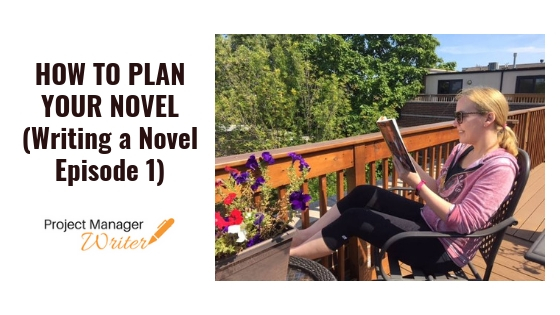
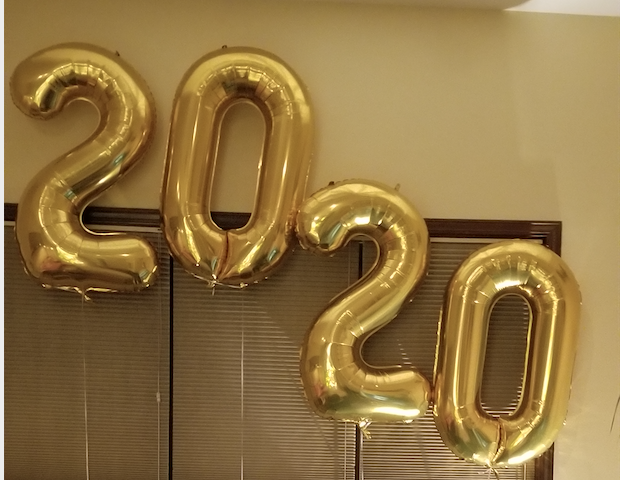

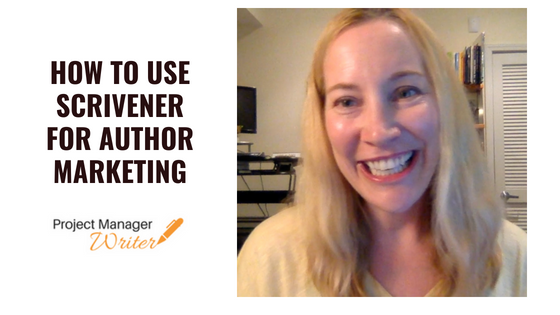
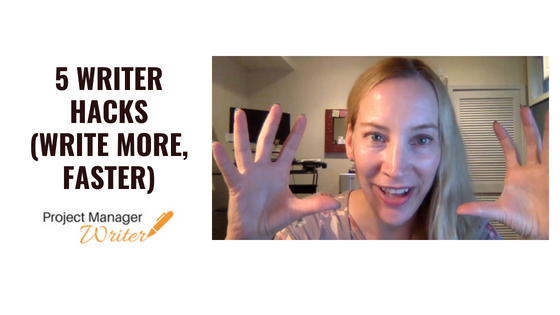
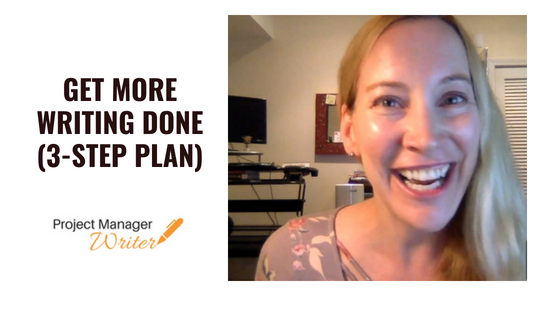
Leave A Comment